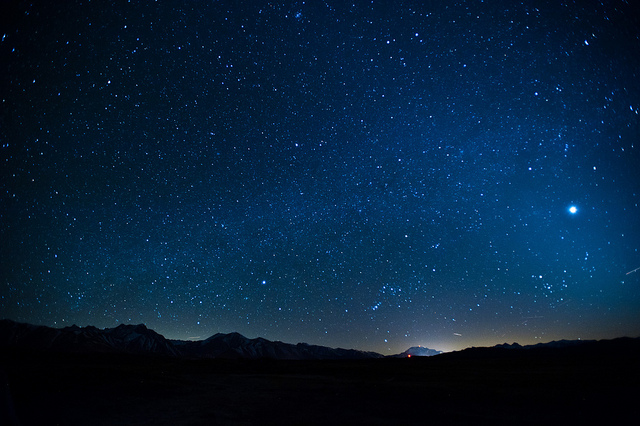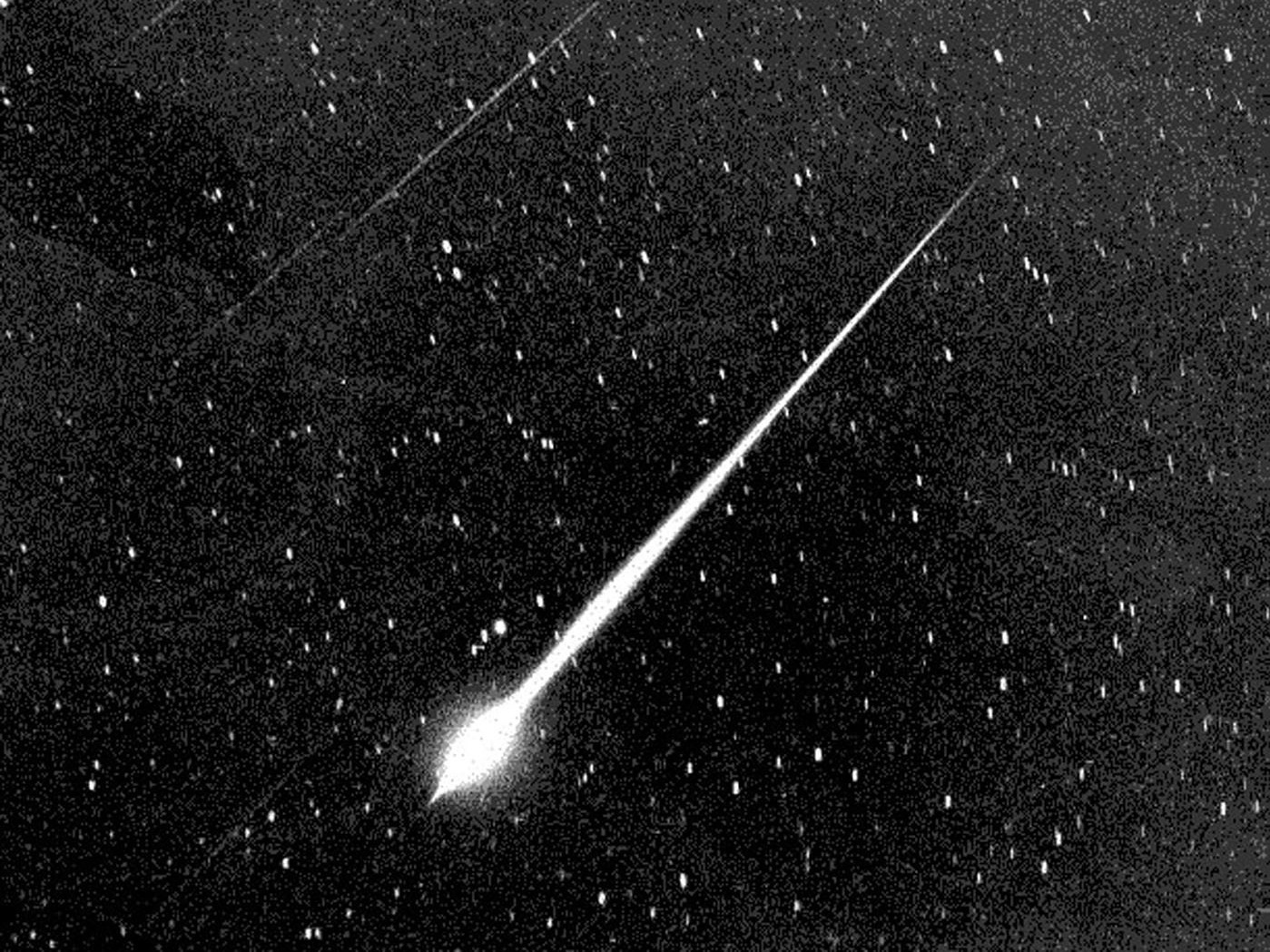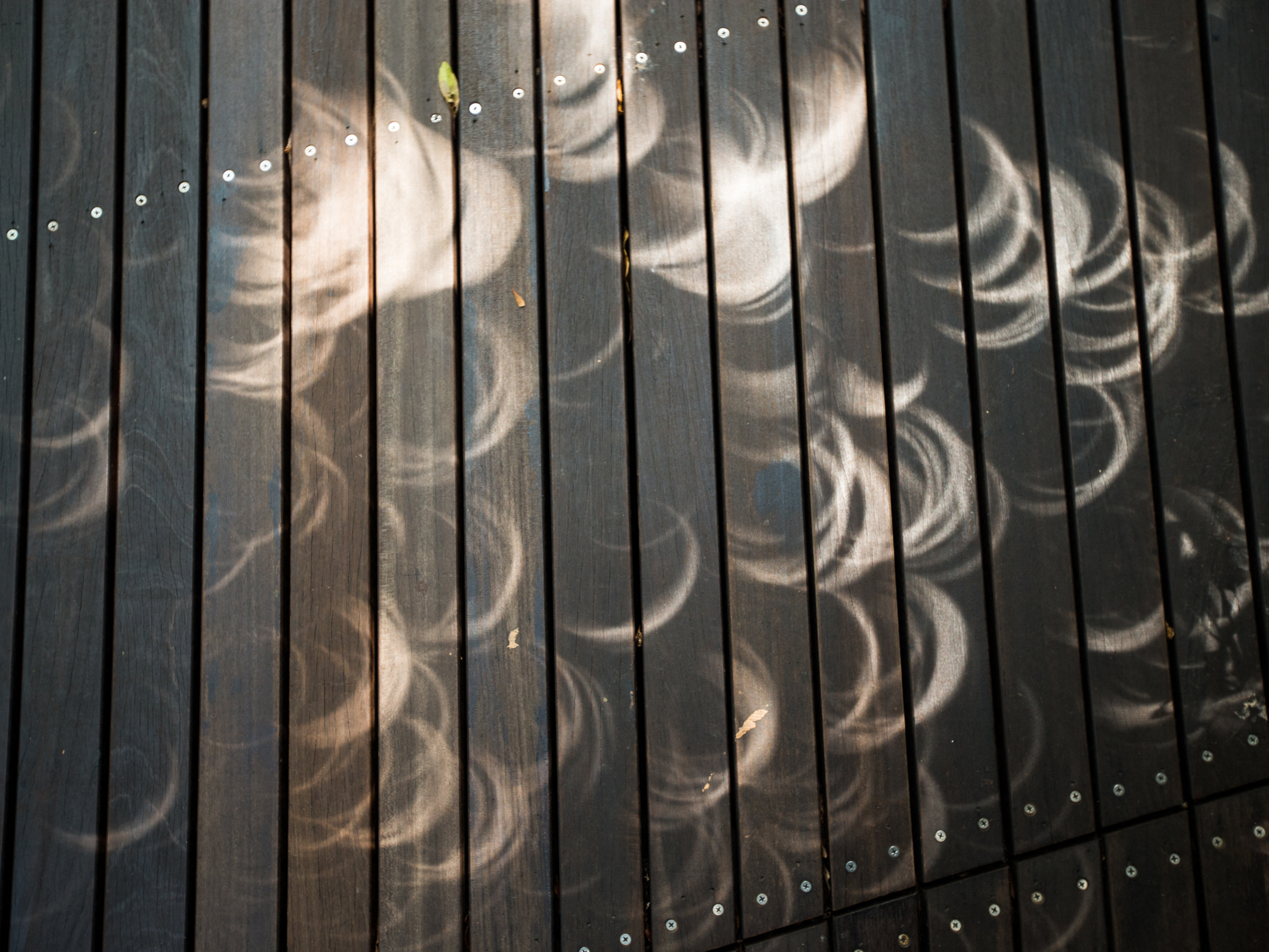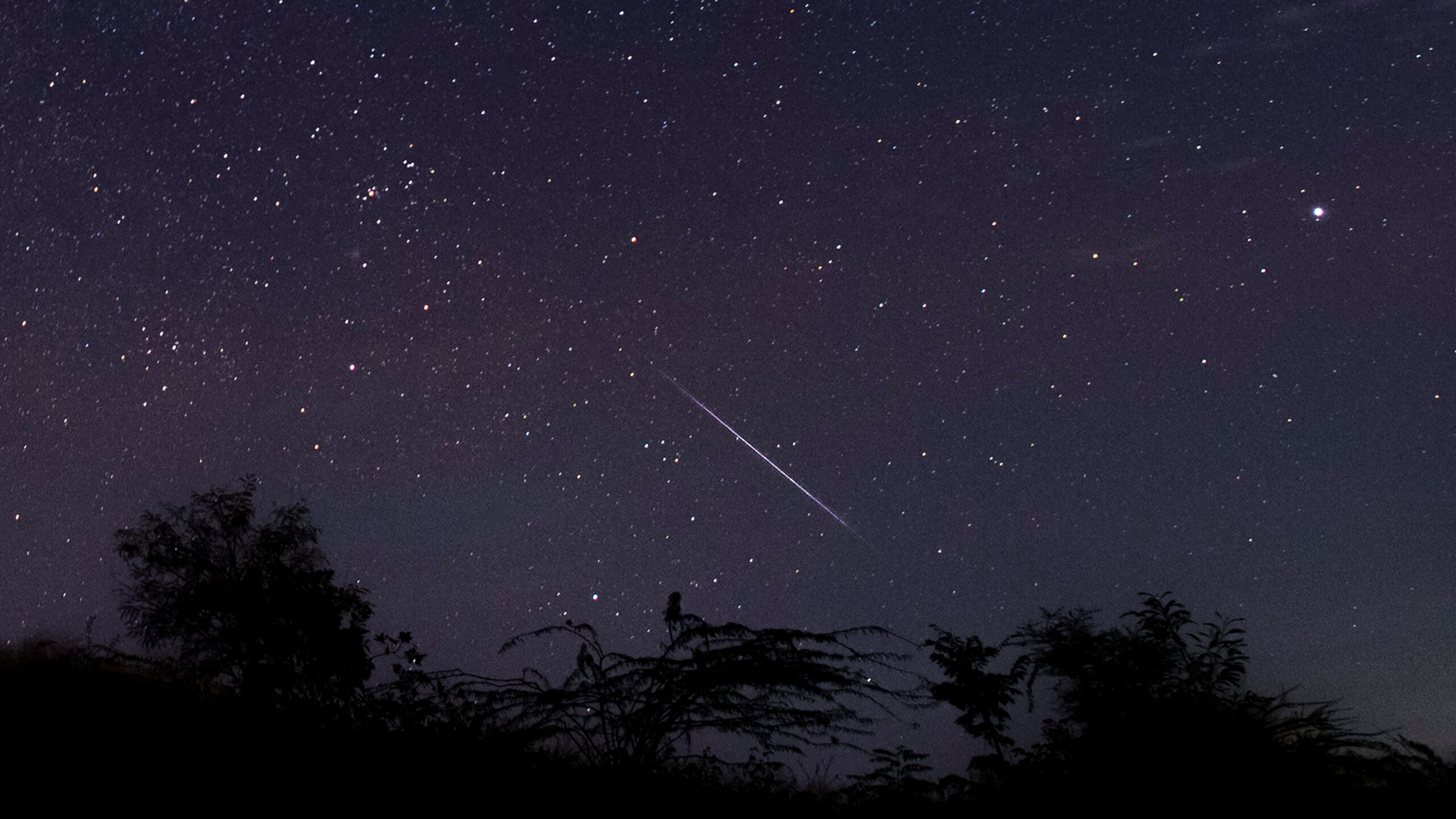Stargazing is an enjoyable pastime, especially when there is an exciting event coming up in the night sky! We’ll find out the summer schedule for astronomy events.
Featured in this Show
-
Author: Summer Holds A Few Stargazing Events In Wisconsin
The night sky can become even more enjoyable during summer months. Not only does the weather permit outside viewing, but there are also a few special astronomy events in Wisconsin to look forward to in the upcoming months.
Paul Kinzer, the author of “Stargazing Basics: Getting Started In Recreational Astronomy,” is an active member of the La Crosse Area Astronomy Club. He shared a few dates when Wisconsinites can see some rare sky events.
Kinzer said first the conjunction of the planets, coming up later this month on June 30. However, if two weeks is too long to wait, there are two bright lights in the sky that look like stars that can be seen right now, he said. These shining lights are actually planets, Venus and Jupiter. The conjunction of the planets occurs as they approach each other, he said.
“They’ve been getting closer together in our sky for months now and in the next two weeks, they’re going to close in on each other. On the 30th, they are going to be so close together that they will be closer than the width of the full moon,” he said.
Later in the summer, the Perseid Meteor Shower will peak on Aug. 12. There are several meteor showers that take place each year because Earth passes through the trails of comets. Kinzer said the Perseid is the best shower of the year since the Milky Way is high in the sky right now.
Some observatories hold “star parties” for those interested in viewing astronomy events. They’re put on by planetariums, astronomy clubs or other groups to reach out to the public — both experienced stargazers and beginners — to share the night sky.
If that’s not possible, Kinzer suggests getting as far away from city lights as possible in order to see a darker sky without light pollution. Many more meteors can be observed when looking up at a darker sky.
“You don’t want binoculars or a telescope. (The meteors) only last, at most, a couple of seconds. You just want to use what I call — wide eyes. Keep your eyes open. Don’t focus on just one spot. Some of the brightest meteors I’ve experienced were behind me,” said Kinzer.
For more information on Star Parties visit this page or this page.
Episode Credits
- Larry Meiller Host
- Cheyenne Lentz Producer
- Paul Kinzer Guest
Wisconsin Public Radio, © Copyright 2024, Board of Regents of the University of Wisconsin System and Wisconsin Educational Communications Board.




